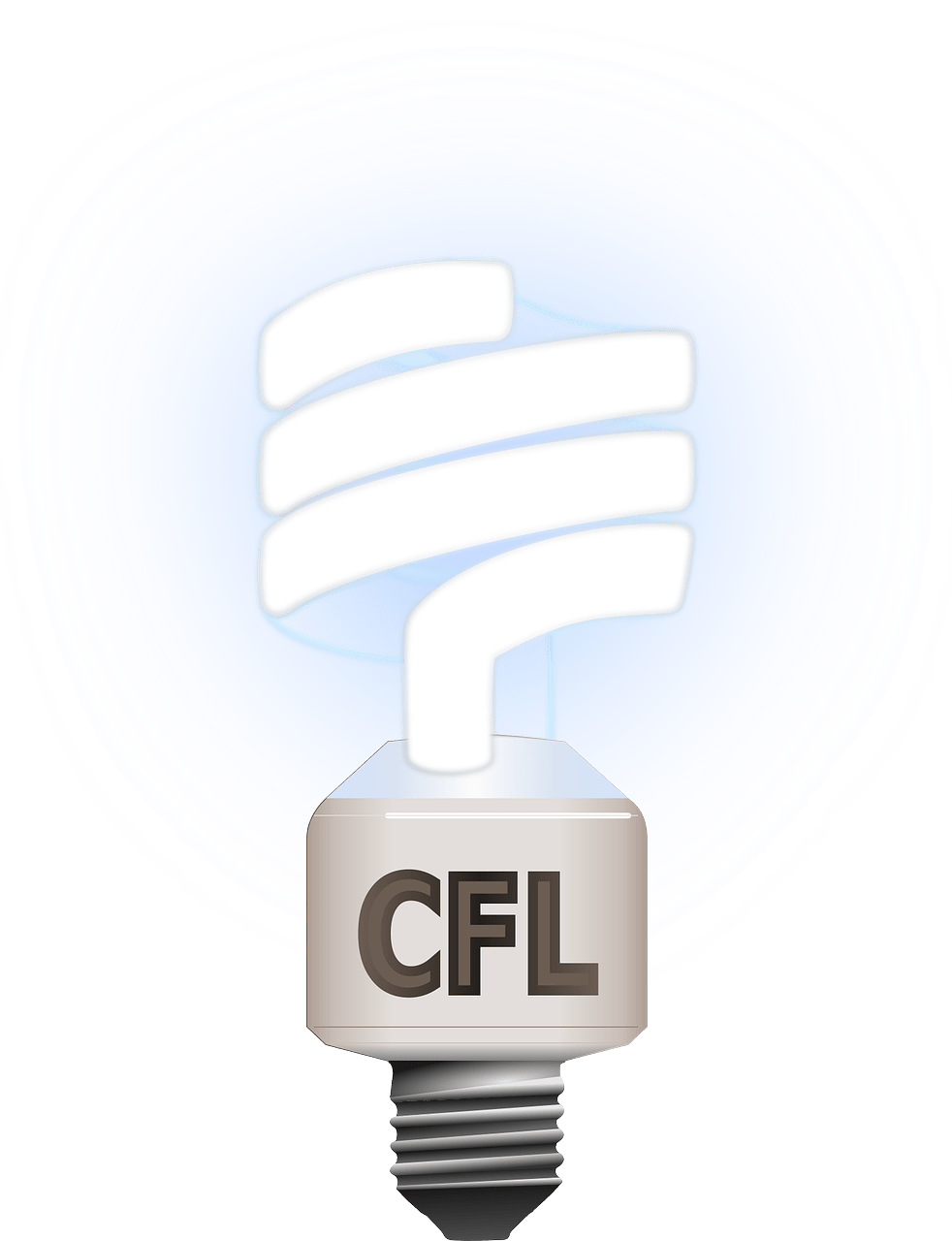This post may contain affiliate links which means I may receive a commission for purchases made through links. Learn more on my Private Policy page.
Welcome to a guide on Best Practices for Reducing Energy Consumption in Your Farm Irrigation System! In this article, you will learn about simple and effective ways to cut down on energy usage in your farm irrigation system, ultimately leading to cost savings and environmental benefits. By implementing these best practices, you can increase the efficiency of your irrigation system and contribute to a more sustainable and eco-friendly operation. Let’s dive in and discover how you can make a positive impact on your farm with these energy-saving tips! Have you been looking for ways to reduce energy consumption in your farm irrigation system? Look no further! In this article, we will explore the best practices for making your irrigation system more energy-efficient. By implementing these practices, you can not only save energy but also reduce costs and increase the sustainability of your farm.

Understanding Energy Consumption in Farm Irrigation Systems
When it comes to farm irrigation, energy consumption can be a significant expense. From pumping water to running irrigation equipment, there are several areas where energy is used in the irrigation process. Understanding how and where energy is consumed in your irrigation system is the first step towards reducing energy consumption.
Did you know that pumps are one of the largest energy consumers in irrigation systems? By optimizing your pump system, you can significantly reduce energy usage and improve efficiency.
Evaluating Your Current System
Before making any changes to your irrigation system, take the time to evaluate your current setup. Consider factors such as the type of pump you are using, the size of your irrigation system, and the age of your equipment. By understanding the current state of your system, you can identify areas for improvement and determine the best strategies for reducing energy consumption.
Best Practices for Reducing Energy Consumption
Now that you have a better understanding of your farm irrigation system and its energy consumption, let’s explore some best practices for reducing energy usage:
Optimize Pumping Systems
Pumping water is one of the most energy-intensive tasks in irrigation. By optimizing your pumping system, you can reduce energy consumption significantly. Consider the following strategies:
- Use variable frequency drives (VFDs) to adjust pump speed based on water demand
- Regularly maintain and inspect pumps to ensure optimal performance
- Replace old, inefficient pumps with newer, more energy-efficient models
By optimizing your pumping system, you can reduce energy waste and improve the overall efficiency of your irrigation system.
Utilize Water Efficiently
Efficient water use is not only essential for conserving resources but also for reducing energy consumption. By utilizing water-efficient practices in your irrigation system, you can minimize the amount of energy required to pump and distribute water. Consider the following tips:
- Implement drip irrigation or other efficient irrigation methods
- Monitor soil moisture levels to avoid overwatering
- Schedule irrigation during off-peak hours to reduce energy costs
By using water efficiently, you can save both water and energy, leading to cost savings and improved sustainability.
Upgrade to Energy-Efficient Equipment
Old and outdated irrigation equipment can be a major source of energy waste. By upgrading to newer, more energy-efficient equipment, you can significantly reduce energy consumption in your irrigation system. Consider the following upgrades:
- Install energy-efficient pumps, motors, and controllers
- Retrofit existing equipment with energy-efficient components
- Implement smart irrigation technologies for automated and optimized irrigation
By investing in energy-efficient equipment, you can lower energy costs and improve the overall performance of your irrigation system.
Implement Solar-Powered Solutions
Solar power is an excellent alternative energy source for farm irrigation systems. By harnessing the power of the sun, you can reduce reliance on traditional energy sources and lower energy costs. Consider implementing the following solar-powered solutions:
- Install solar panels to power irrigation pumps and equipment
- Use solar-powered sensors for monitoring soil moisture and weather conditions
- Incorporate solar-powered drip irrigation systems for water-efficient irrigation
By utilizing solar power, you can reduce energy consumption, lower costs, and enhance the sustainability of your farm irrigation system.
Practice Regular Maintenance
Regular maintenance is crucial for ensuring the efficiency and longevity of your irrigation system. By keeping your equipment well-maintained, you can prevent energy waste and costly repairs. Consider the following maintenance practices:
- Conduct routine inspections of pumps, pipes, and other components
- Clean and unclog filters to maintain optimal water flow
- Replace worn-out or damaged parts to prevent energy loss
By practicing regular maintenance, you can extend the lifespan of your equipment, improve efficiency, and reduce energy consumption.

Conclusion
Reducing energy consumption in your farm irrigation system is not only beneficial for your bottom line but also for the environment. By implementing the best practices outlined in this article, you can improve the efficiency and sustainability of your irrigation system while saving on energy costs. Remember to evaluate your current system, optimize pumping systems, utilize water efficiently, upgrade to energy-efficient equipment, implement solar-powered solutions, and practice regular maintenance for the best results. By taking these steps, you can make your farm irrigation system more energy-efficient and environmentally friendly.

This post may contain affiliate links which means I may receive a commission for purchases made through links. Learn more on my Private Policy page.
